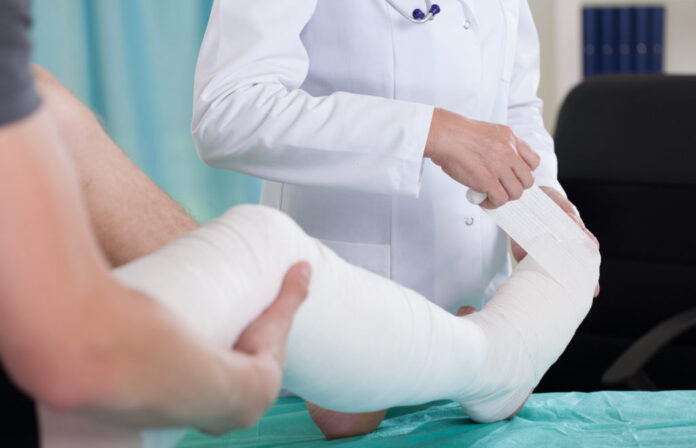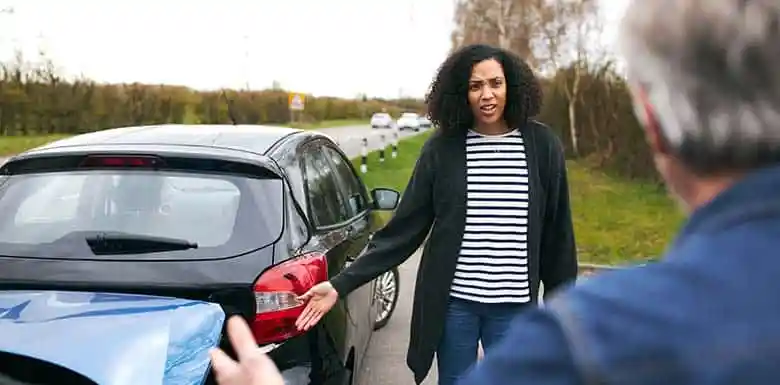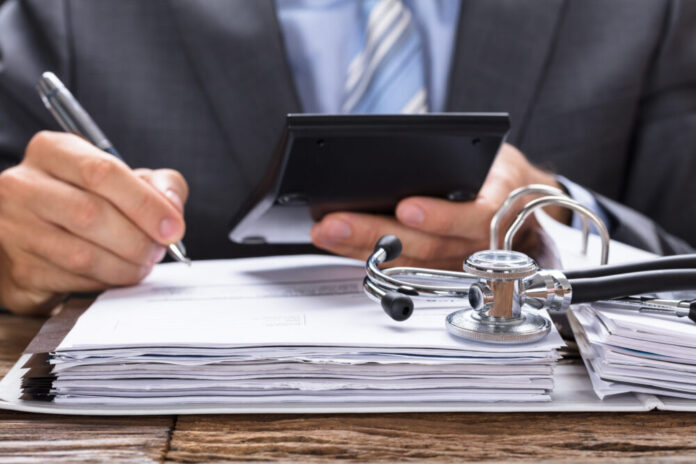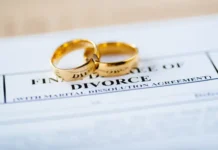Navigating the labyrinth of processes that follow a vehicular mishap can be daunting, even for the most seasoned drivers. This article is designed to illuminate that path, breaking down the complexities associated with communicating with insurance companies post-accident.
By arming yourself with knowledge, you transform an intimidating scenario into a manageable task. Of course, along the way, you will need legal help from a professional who can guide you through the whole process. There are certain things to take care of first, which is what we talk about here. Still, once the time comes, car accident lawyer Port St. Lucie will be ready and waiting to take care of your case.
Reporting the Car Accident to Your Insurance Company

The first order of business following a collision is notifying your insurance provider. Time is of the essence here. The sooner you report the incident, the quicker the wheels of bureaucracy can turn in your favor. Having your policy number at hand when making this call will expedite the process, giving the representative the necessary information to initiate a claim.
In this conversation, expect to share basic details about the incident. This includes the date, time, location of the accident, and parties involved. Most importantly, be truthful. An inaccurate report can lead to denials in coverage and may potentially result in policy cancellation. Remember, you aim to set the claim process in motion, not to provide a detailed account of events. That will come later.
Gathering and Organizing Important Information
In the immediate aftermath of an accident, gathering the correct information is critical. Collect the other party’s contact information, license plate number, and their insurance details. If there were witnesses, their testimony could be invaluable. Note their contact information too. Additionally, a record of law enforcement officers present can be helpful.
Armed with these details, start organizing. You are effectively compiling a dossier for your claim, so clarity and order are paramount. Chronologically list events, systematically organizing photos, notes, witness details, and officer information. This could potentially become a reference document for all communication with the insurance companies.
Communicating with Insurance Adjusters

Insurance adjusters will play a key role in determining the course of your claim. Think of them as gatekeepers; their assessment could sway the claim decision. Maintaining an open line of communication with them is advisable. Engage them with patience and persistence, but avoid divulging any information that might hurt your claim.
Keeping this in mind, be wary of quick settlement offers. It might be tempting to accept an immediate payout, but premature settlements can leave you short-changed. Make sure you understand the full extent of damage to your vehicle and any medical costs before you agree to any settlement.
Providing a Detailed Statement of the Accident
The detailed statement is your opportunity to present your perspective of the accident. Precision is paramount here. A clear, factual, and detailed account of the events can significantly impact the outcome of your claim. Describe the sequence of events leading up to, during, and after the accident, using your organized information as a guide.
While providing this statement, avoid admitting fault. Even if you believe you may have contributed to the accident, it is not your role to determine liability. That’s the job of insurance adjusters and possibly the court system. Stick to the facts and let them draw their conclusions.
Documenting Damage and Injuries

Pictorial evidence is compelling, and in the digital age, remarkably easy to obtain. Photographs showcasing vehicle damage and personal injuries can make your claim more persuasive. Snap images from various angles, in good lighting, ensuring clarity and details are captured.
Beyond physical damages, documenting any injuries sustained is paramount. Injuries might not manifest immediately post-accident. Thus, maintaining a daily log of any physical discomfort, emotional distress, or changes in your daily routine following the accident can strengthen your claim.
Seeking Medical Treatment and Keeping Records
Even if injuries appear minor, seeking medical attention is a prudent course of action. A healthcare professional’s diagnosis can reveal injuries that aren’t immediately obvious. This documentation will also be pivotal in proving your claim for medical expenses.
Once treatment begins, record-keeping becomes crucial. Ensure you obtain copies of all medical reports, bills, and any related expenses. These documents will substantiate your claims and help in negotiating a fair settlement. Notably, this includes treatment for both physical injuries and any psychological trauma.
Dealing with the Other Driver’s Insurance Company

Entering into dialogue with the other driver’s insurer can be a tricky business. It’s important to remember that their primary interest is to limit payout. Maintain your guard when dealing with them, and avoid making any statements that can be used against you.
Be particularly cautious about signing any documents they provide. It’s advisable to have your attorney or insurance adjuster review these before signing. Agreeing to something without fully understanding its implications can have long-lasting consequences.
Handling Property Damage Claims
When it comes to property damage claims, knowing the value of your vehicle pre-accident is essential. An independent appraisal could be invaluable in challenging the insurer’s valuation.
When dealing with repair shops, ensure you have a clear understanding of what your policy covers. Some insurers have preferred providers and might not cover expenses fully at other repair shops. Also, remember to keep all receipts and detailed records of all repairs carried out.
Navigating the Claims Investigation

As the claims investigation unfolds, your engagement with it should be proactive and informed. Understand that this is a fact-finding mission, a vital step in the claim resolution process. The insurance adjuster’s task is to piece together the puzzle of the accident from a myriad of sources – police reports, witness statements, photographs, and your account. Cooperation is key here.
Facilitating their work by providing timely responses and access to any information requested is not just advantageous, it’s vital. However, while you should aim to cooperate fully, bear in mind that the adjuster’s final report will be heavily influential on the payout decision. Hence, it is essential to be vigilant, ensuring that your interests are fairly represented in the investigation.
Final Reflections
Navigating the post-accident insurance maze doesn’t have to be a daunting task. With a clear understanding of the process, meticulous organization, and careful communication, you can maneuver through this experience successfully. When dealing with insurance companies after a car accident, preparation, patience, and persistence are your trusted allies. Armed with these tools, you’re on the path toward an equitable resolution.









